What a brief, strange trip it’s been for healthcare sponsors.
Just three years ago, the Covid-19 pandemic changed the M&A landscape overnight.
Stricken patients flooded urgent care centers and hospitals. Pharmaceutical companies rushed to develop vaccines to fight the virus. And people, isolated from one another during extended lock-downs, succumbed to anxiety, depression and other maladies.
In part thanks to the rapid rollout of vaccines, the Covid-19 pandemic has begun to ease. But the healthcare M&A market remains in turmoil.
In evaluating the performance of healthcare companies, deal-makers have to determine whether companies experienced a “Covid bump,” and if so, how big of one. They must also evaluate performance against a backdrop of rising interest rates, high inflation, and an economy that many believe is poised to sputter.
All that said, featured speakers on an early November webinar pointed to two opportunities that they thought would remain attractive in the months ahead: behavioral health and staffing. Both opportunities, while getting a Covid bump, enjoy many other engines of growth.
Long before the pandemic started, for example, more people had been seeking out mental health services. This took place as insurers have stepped up to cover the costs, and as the social stigmas associated with mental illness have begun to break down.
New York City-based Andrew Colbert, senior managing director at investment bank Ziegler, said during the webinar that he’s seeing a “ton of activity” in physician practice management companies addressing behavioral health issues. Such companies present “very attractive opportunities” to sponsors, especially when they have strong management teams and generate $5 million to $30 million of EBITDA. And they have maintained historically high purchase multiples throughout the pandemic, he said.
On the staffing front, hospitals in many parts of the country continue to struggle to field enough nurses and related support staff. Some have trouble finding enough doctors, while psychiatrists are in especially short supply.
Vladimir Andonov, the San Francisco-based managing director of business development at healthcare specialist Martis Capital, said his firm reviewed “fair number of staffing opportunities,” as well as ones related to “workflow augmentation” over the course of 2021 and 2022. He added: “There’s no doubt that a number of our companies, especially on the services side, [are seeing those sorts of] shortages and challenges firsthand.”
So who have been the most active sponsors and investment bankers in behavioral health and staffing? For that we dove into the SPS by Bain & Co deal database. Here’s what we found:
- All told, private equity firms purchased 112 mental and behavioral healthcare providers in the United States and Canada during 2021 and 2022.
- Webster Equity Partners was the most acquisitive sponsor during that period. The firm acquired one platform company, Oceans Healthcare, and 15 add-ons. In second place behind Webster Equity Partners came Thurston Group, which acquired one platform, ARC Health, and six add-ons over the same period.
- Of the 112 mental and behavioral health provider deals, 56 have known sell-side intermediaries. Braff Group led the way with six transactions, while Edgemont Capital Partners, Covington Associates, Mertz Taggart, Northborne Partners and TripleTree clocked three each.
- In healthcare staffing and training, the SPS by Bain & Co database lists 45 U.S. and Canadian deals as closing in 2021 and 2022.
- Cornell Capital and Trilantic Capital Partners teamed on six of those. Three of them were platforms, including S. Nursing Corp, and three of them were add-ons.
- For the 26 deals with a known sell-side intermediary, Houlihan Lokey led the way with three deals, followed by Citizens Capital Markets, Lincoln International and William Blair & Co with two deals each.

